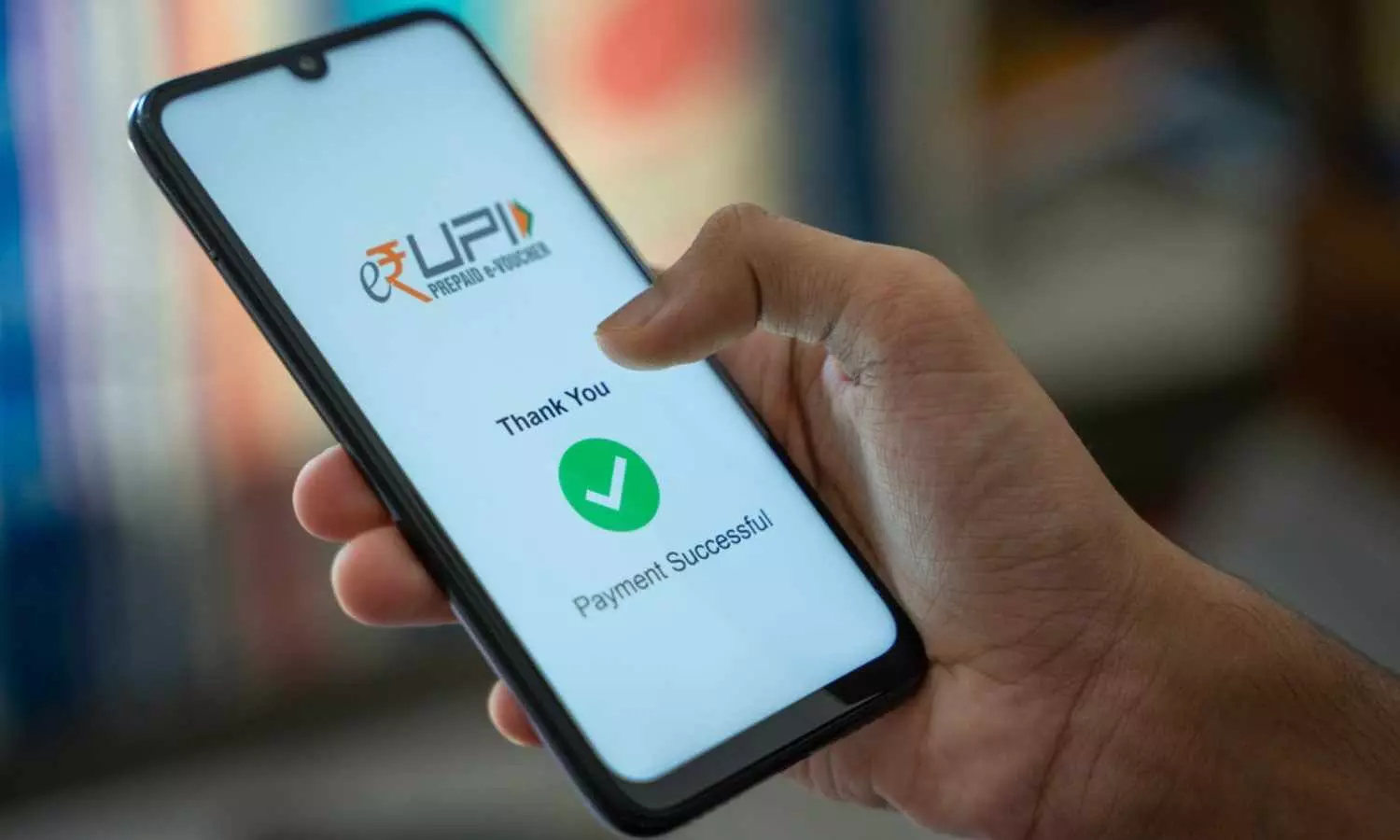UPI App Limits Start Aug 1: What PhonePe, Paytm Users Must Know
From August 1, UPI apps like Paytm, PhonePe will limit balance checks and autopay timings to reduce system load and avoid downtime.
image for illustrative purpose

Major changes are set to impact crores of UPI users starting August 1, as the National Payments Corporation of India (NPCI) enforces stricter regulations on app operations. Users of popular payment platforms including Google Pay, PhonePe, and Paytm will face new daily limits and time-based restrictions on transactions, as NPCI seeks to streamline system performance and mitigate service interruptions.
The adjustments come in response to a steep rise in UPI traffic, which currently processes around 16 billion transactions monthly. With this surge, technical strains and service outages have become frequent. Most notably, users experienced a five-hour disruption on April 12 — the longest UPI downtime in three years — highlighting the urgent need for change.
According to Financial Express, NPCI has instructed all banks and payment service providers (PSPs) to implement controls on their ten most-used Application Programming Interfaces (APIs) by July 31. The revised system will impose a limit of 50 balance checks per user per day and a cap of 25 inquiries into linked accounts per mobile number.
Recurring payments, including subscriptions and investment-based auto debits, will also shift to non-peak hours. These transactions will now occur before 10 a.m., between 1 p.m. and 5 p.m., or after 9:30 p.m. — a move designed to ease load during high-traffic periods.
The overhaul follows increasing concerns over system overload and repeated non-compliance by banks with existing API guidelines. NPCI has noted that excessive "check transaction status" requests were a major contributor to service disruption in March and April.
With over 40 crore users relying on UPI for daily payments, even a minute-long outage can affect roughly 4 lakh individuals. Ten minutes of downtime, experts warn, could impact 40 lakh users. NPCI's new framework aims to prevent such mass inconvenience.
While these technical measures may appear complex, their impact will be directly felt by everyday users. Routine habits such as frequent balance checks or relying on instant autopayments may require adjustments. However, the overarching goal is to ensure consistent, reliable service for India's rapidly expanding digital payments ecosystem.
Banks and PSPs have until the end of July to align their systems with the new mandate. NPCI has emphasized compliance and performance optimization as key to safeguarding UPI’s future growth.

